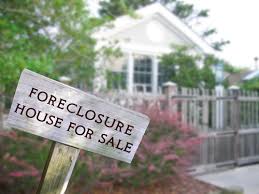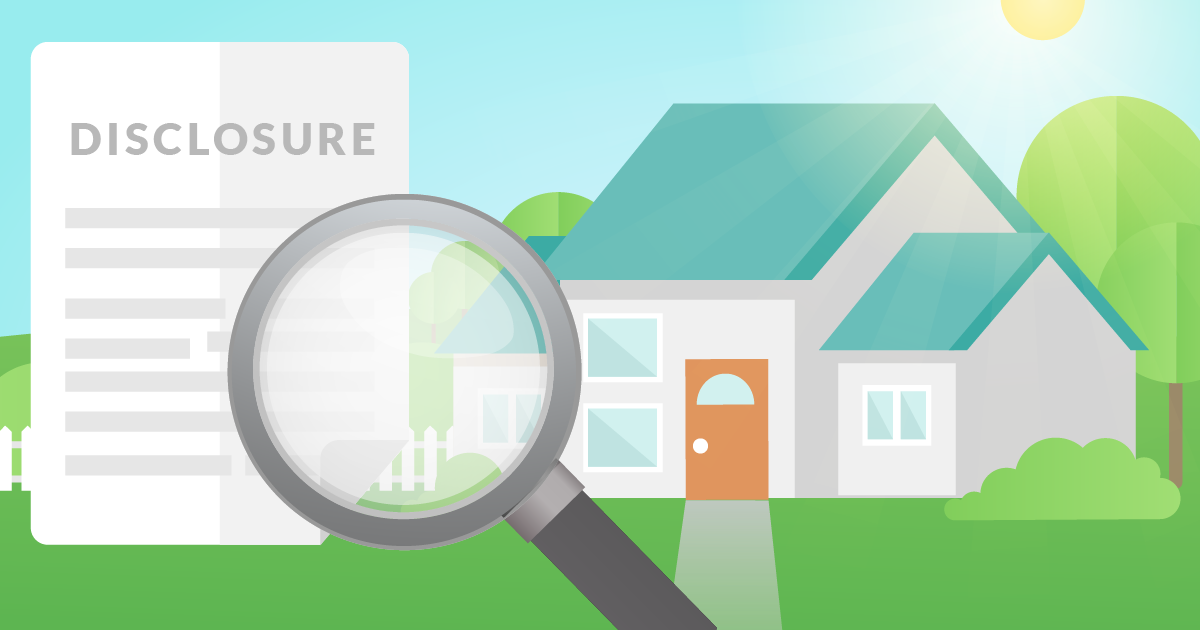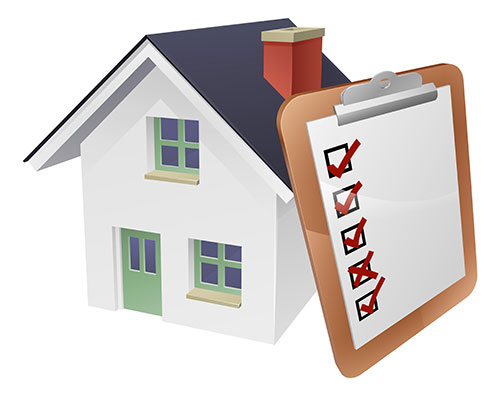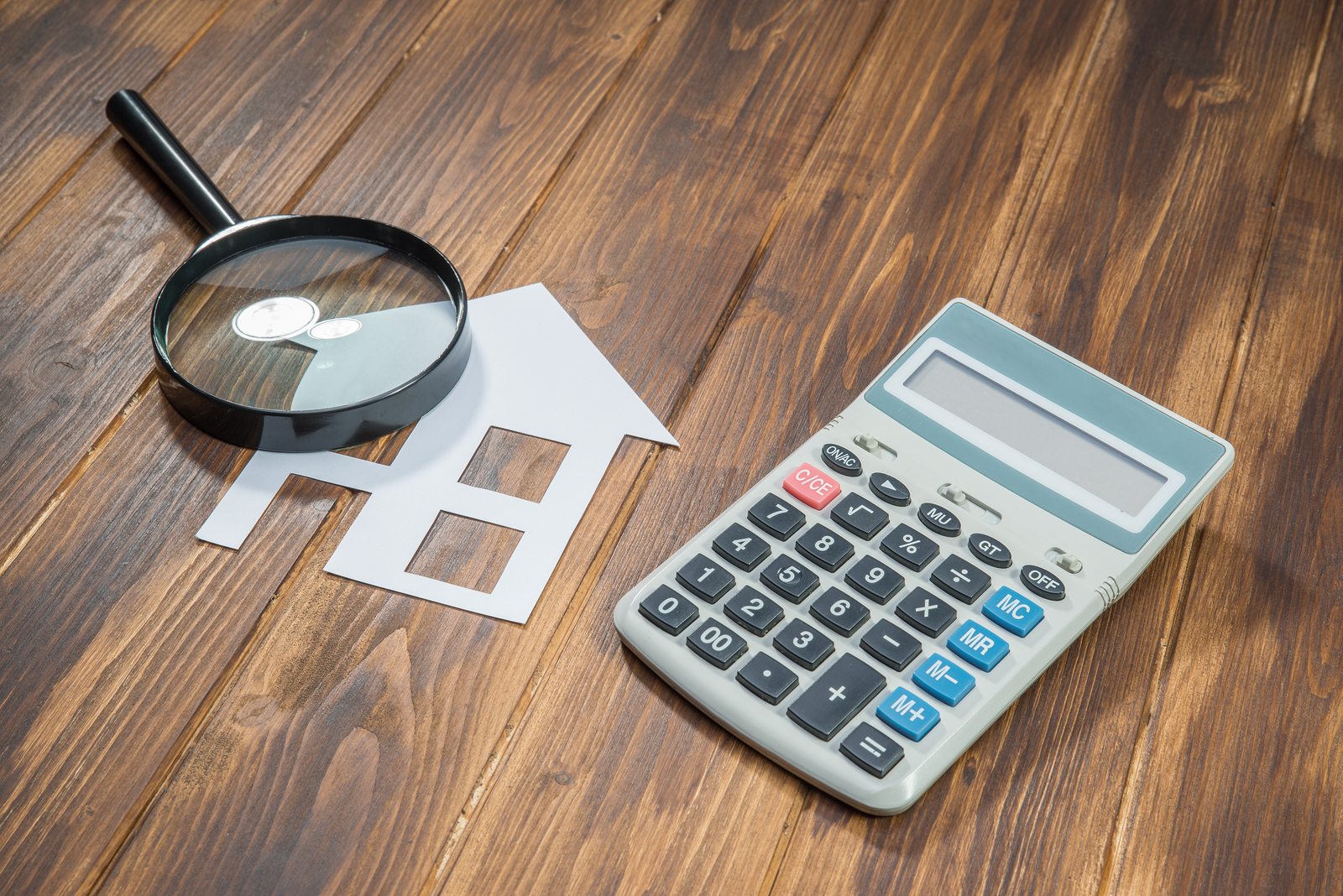Making an Offer is a Process!

While you’re on the house hunt, every property you see just might be “the one.” It’s a good idea to learn the different aspects of buying a house before you get into them. Many discover that after they’ve made an offer of purchase, the process isn’t exactly as they’d envisioned! You’ll feel confident when you get to this step by following this guide:
-
- The offer itself isn’t just a price you’re willing to pay for the property; closing date, closing cost contribution, contingencies, or the earnest money deposit are all things that are normally included when the offer is submitted to the seller.
-
- Talk with your agent before you come to your initial price, because you don’t want to insult the seller with a very low offer, nor do you want to pay too much for the house.
-
- Although you won’t always get a complete answer, knowing why the house is on the market can give you some leverage, so ask anyway. Some sellers are in a time crunch and are eager to sell and may take your first offer.
-
- Keep in mind that there are legal aspects to writing a proposal. Your Realtor will know all the aspects of this part of the process and will take you through each step.
-
- It is very likely that the seller won’t accept your price if it’s less than what they’re asking. If they want to sell and have no higher offers, they may choose to send a counteroffer. The counteroffer step is nothing to worry about, if the negotiations are getting you somewhere.
-
- Some sellers will counteroffer with their original asking price. If this happens, you may have to walk away, as they have shown they’re not interested in moving away from what they want for the property.
-
- Don’t forget that you may not be the only buyers interested in the home! Realtor.com® offers some advice on how sellers might handle multiple offers and some ideas on how to make your offer stand out.
When your offer is accepted, it’s exciting, but there is still work to do! Hopefully, you have pre-approval for a mortgage, making the buying process a much smoother one. There are added costs associated with buying a home, so be sure you have your finances in order.
Courtesy of Chester County PA Realtor Scott Darling.
Photo credit: michiganfirstmortgage.com













